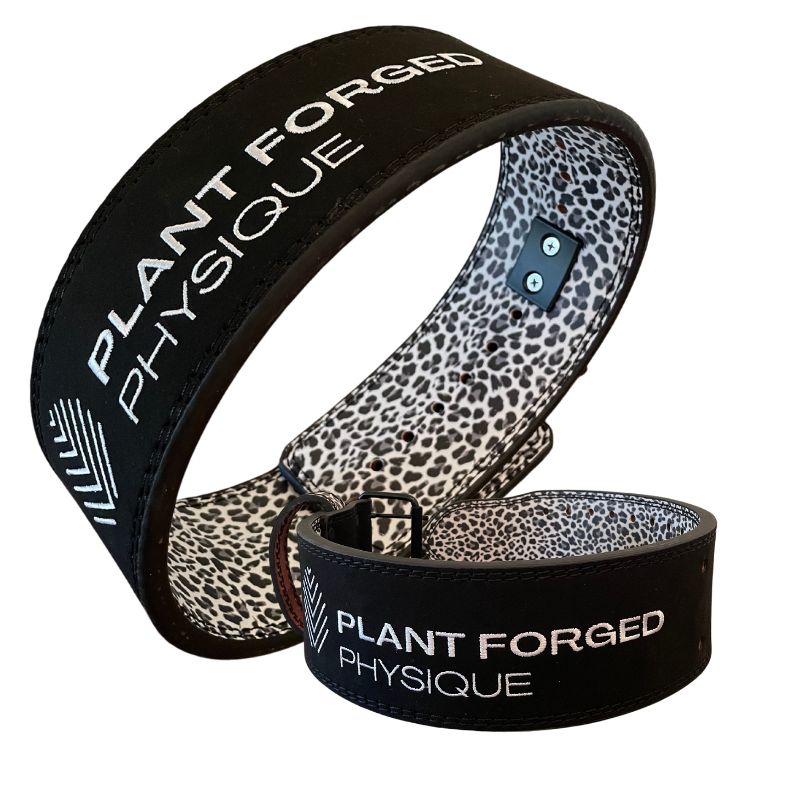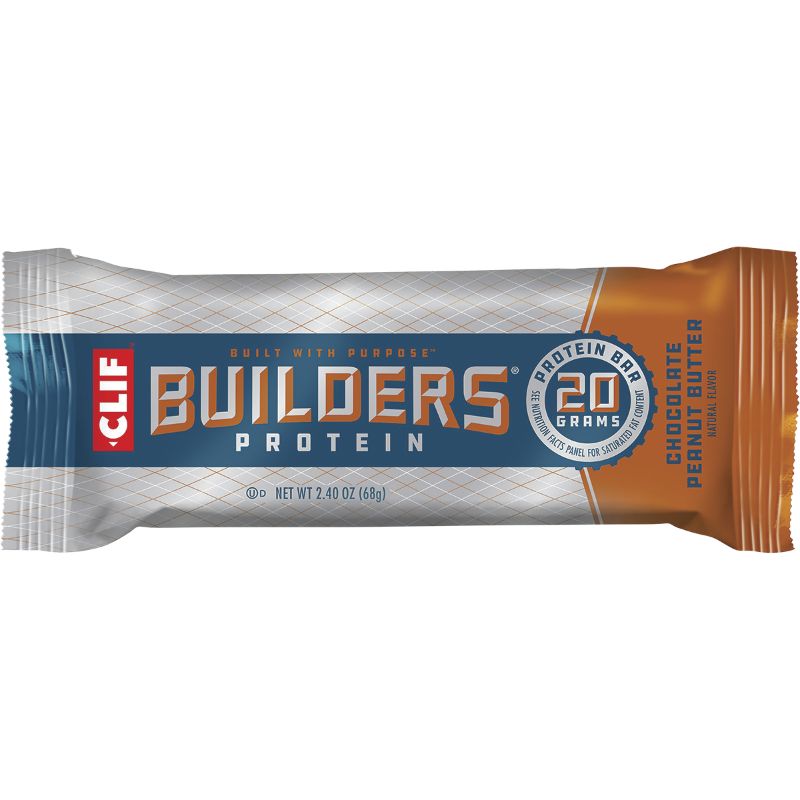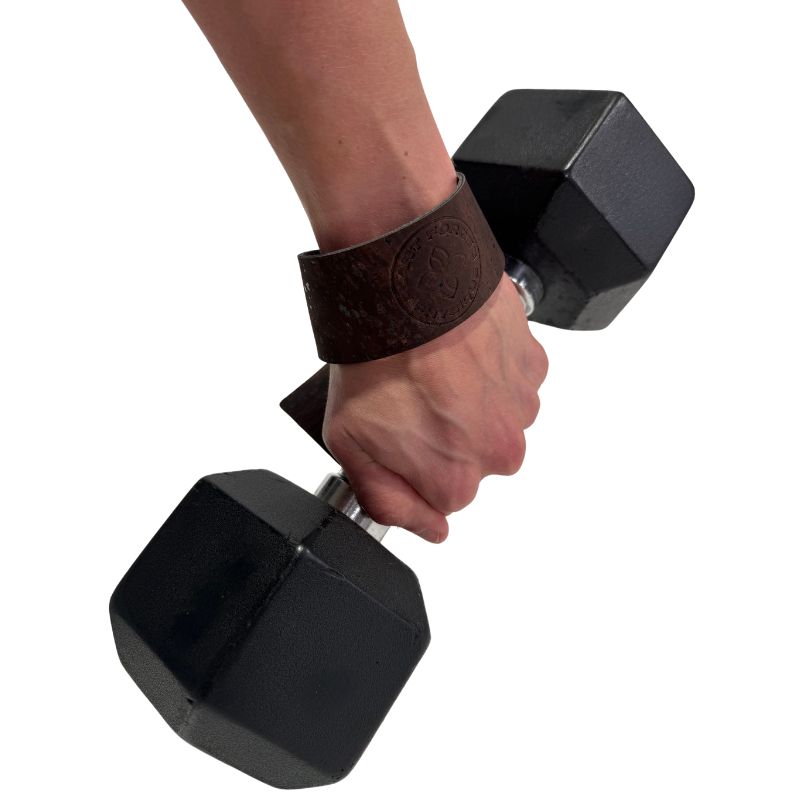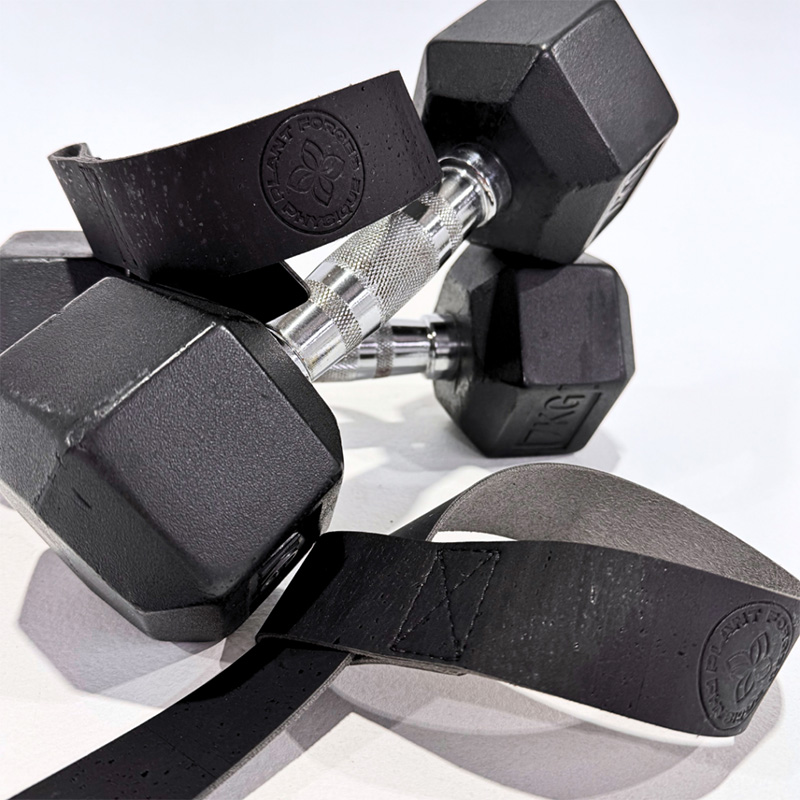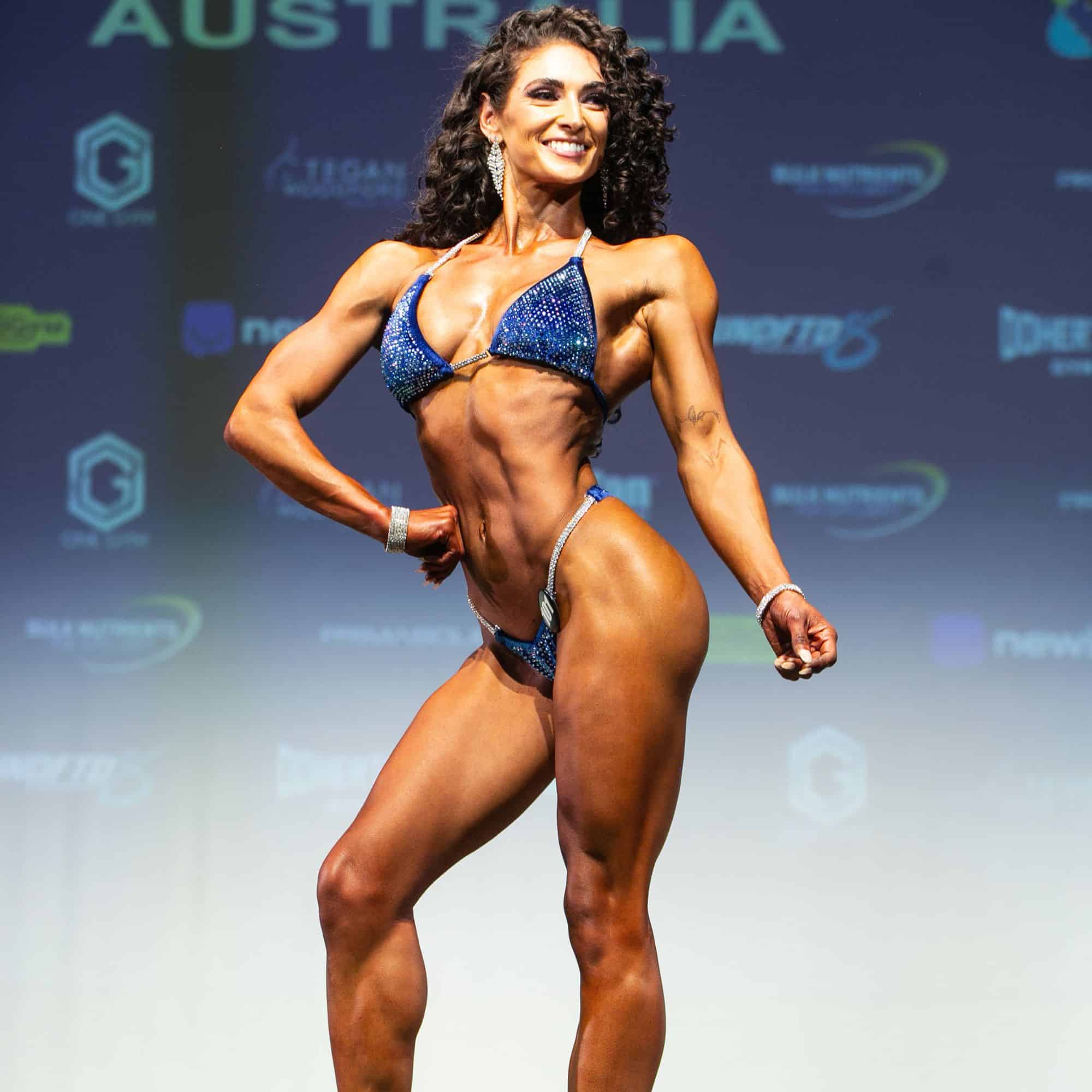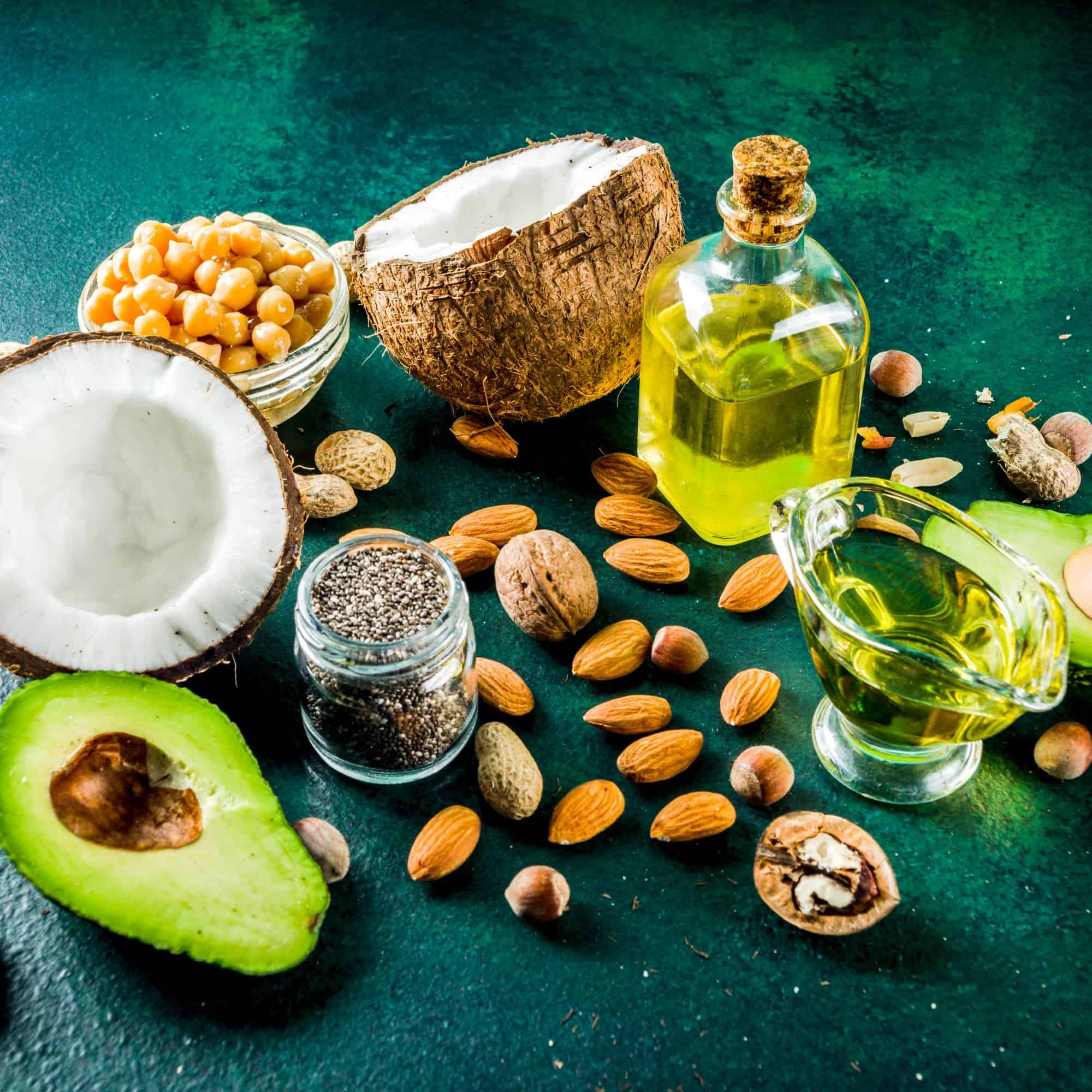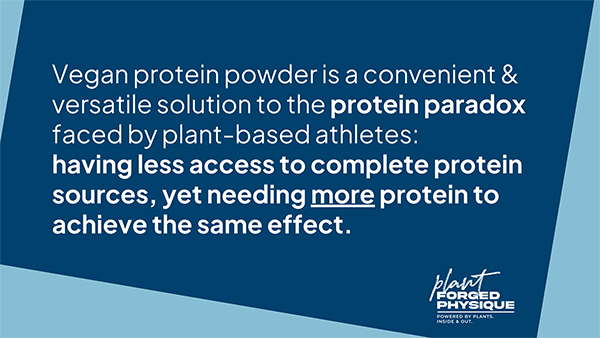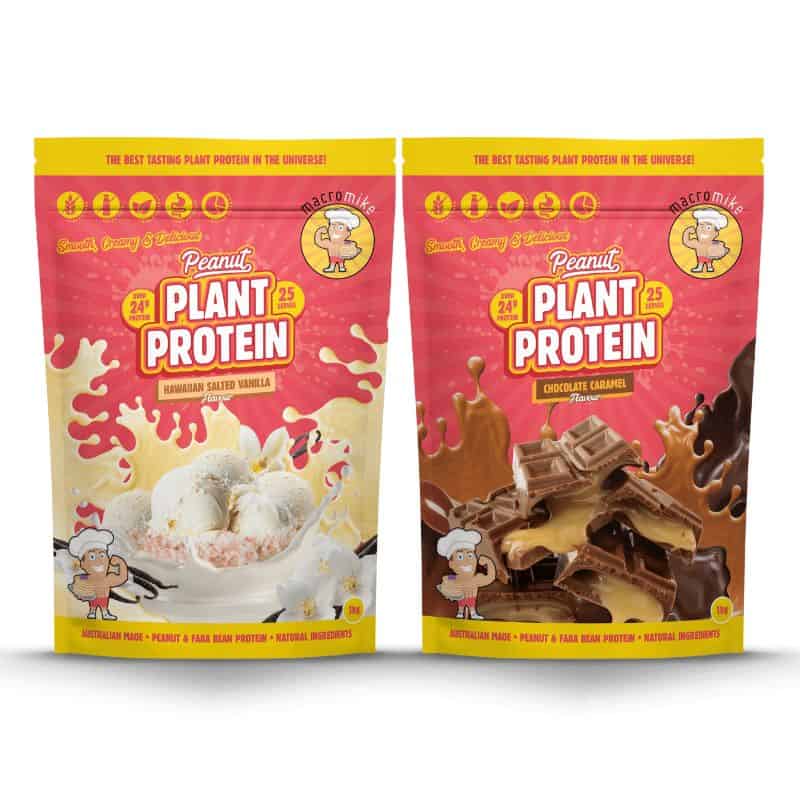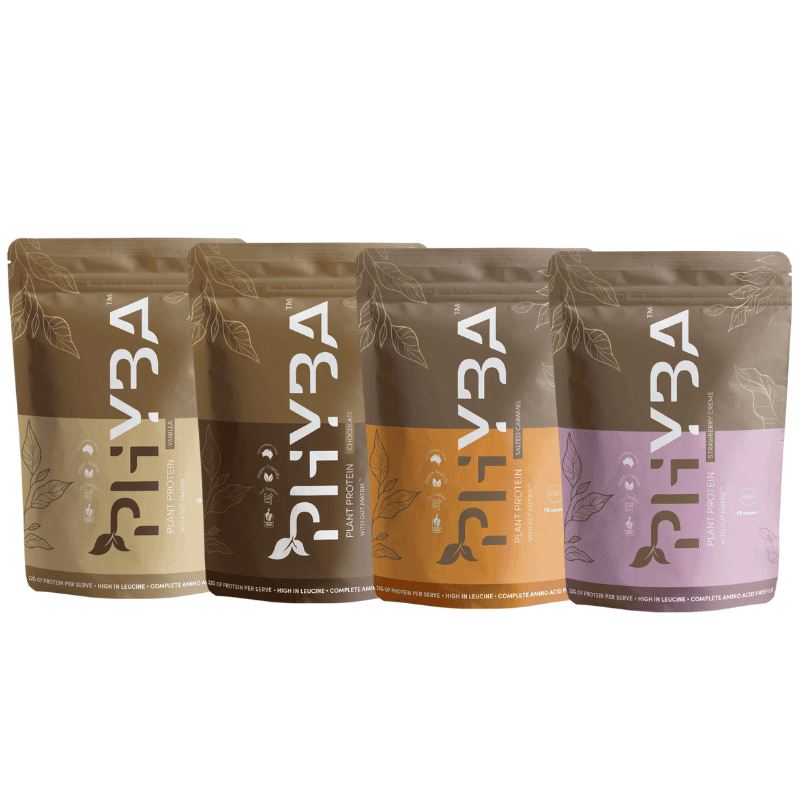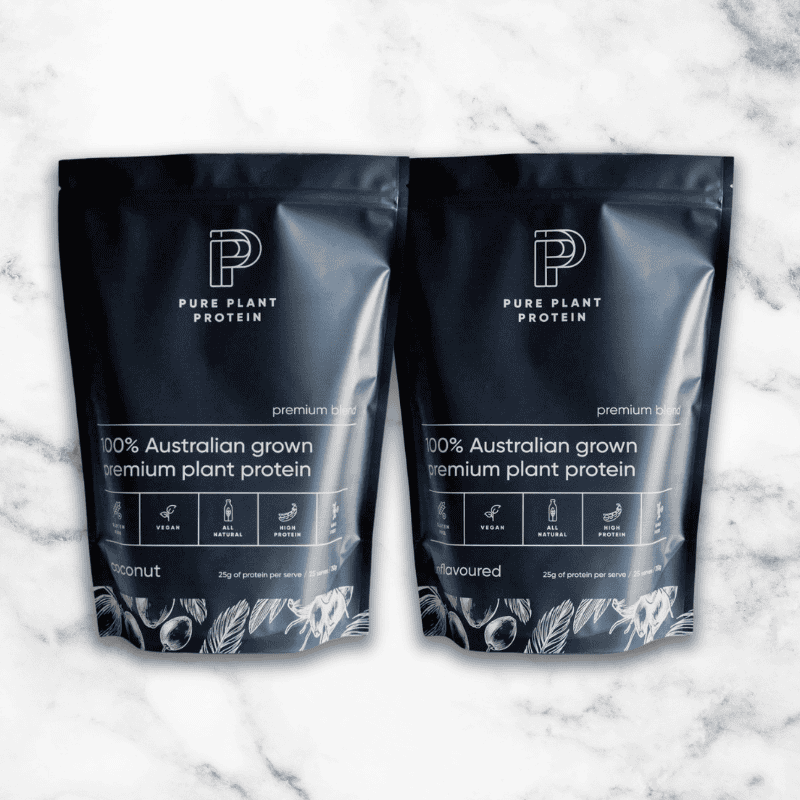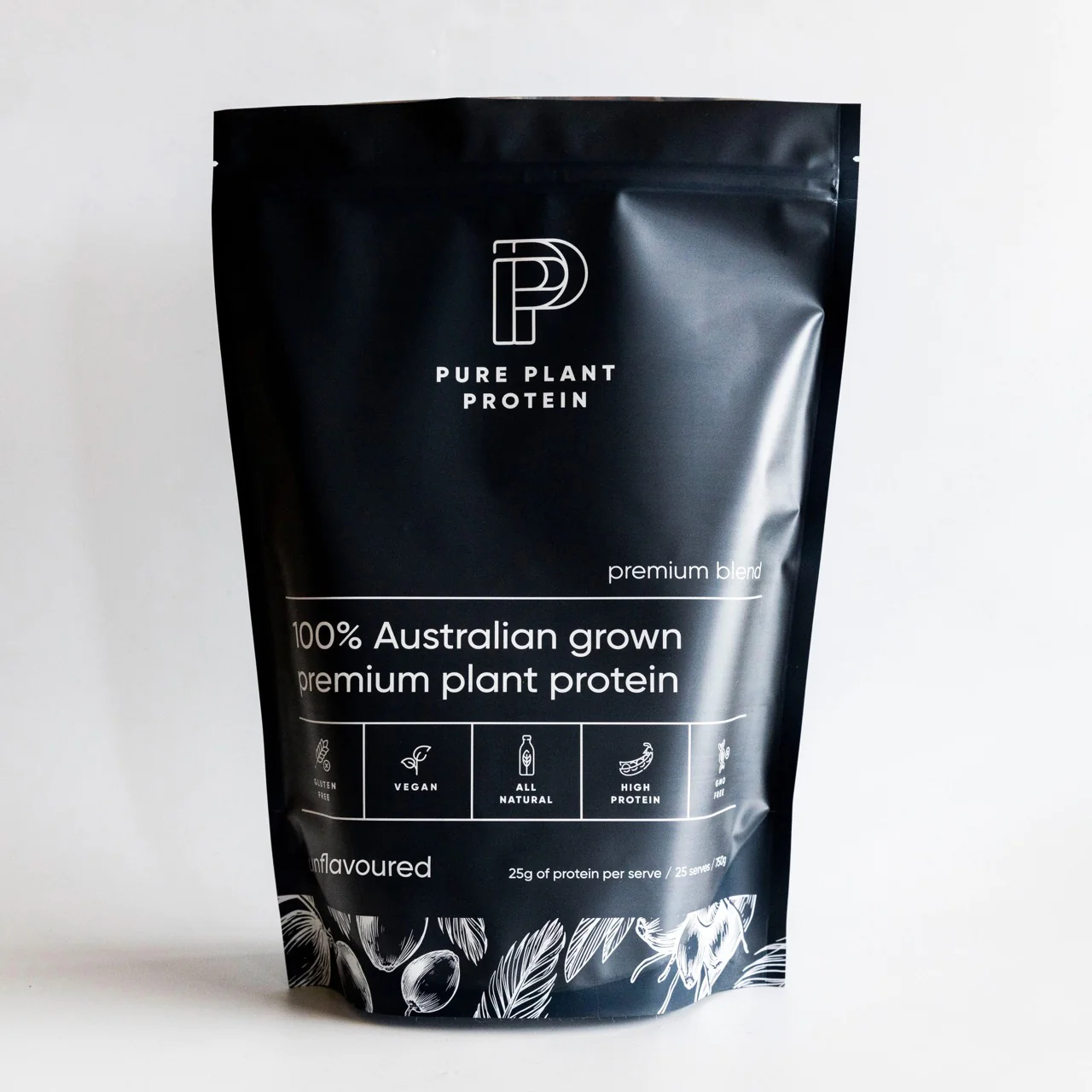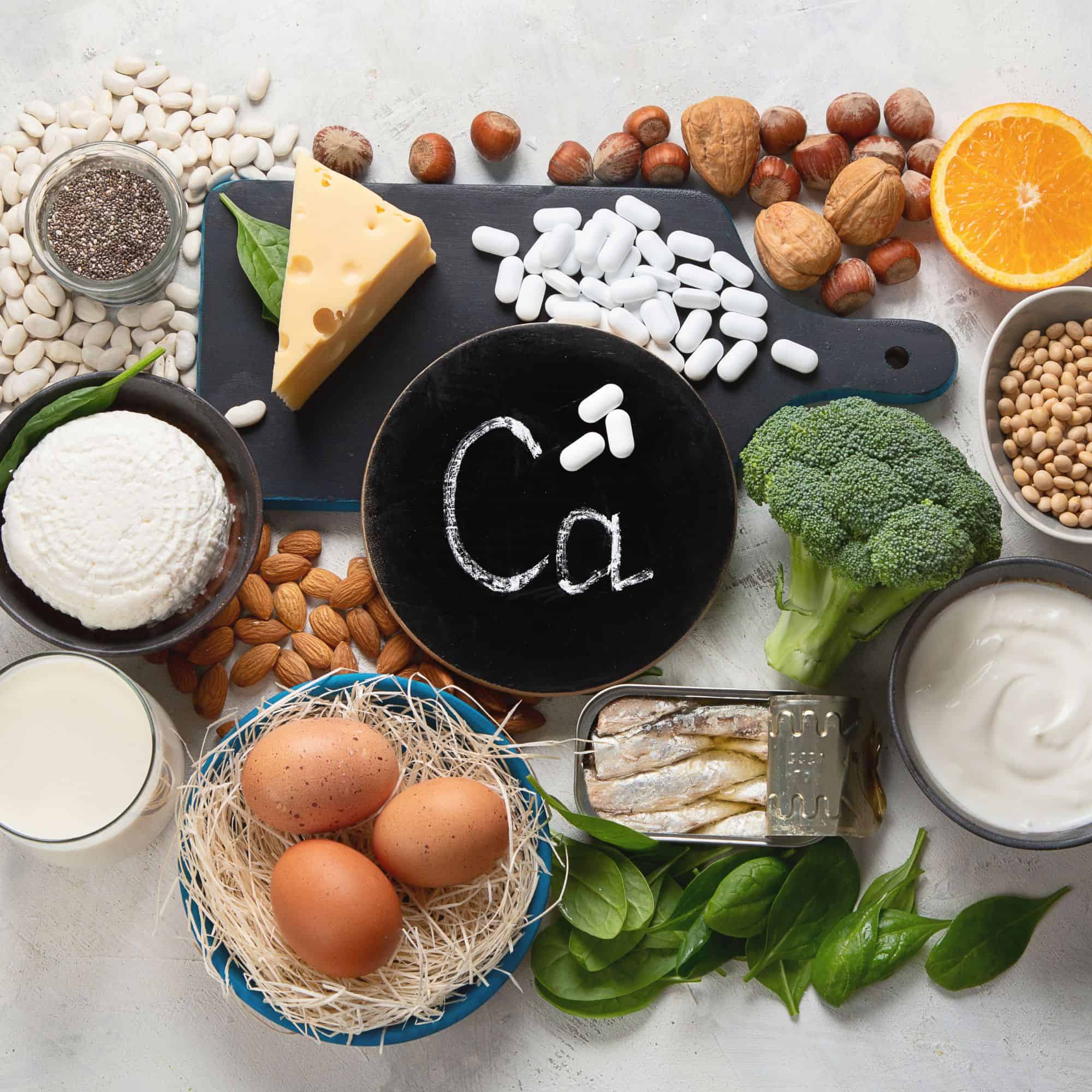
The Vegan Protein Paradox
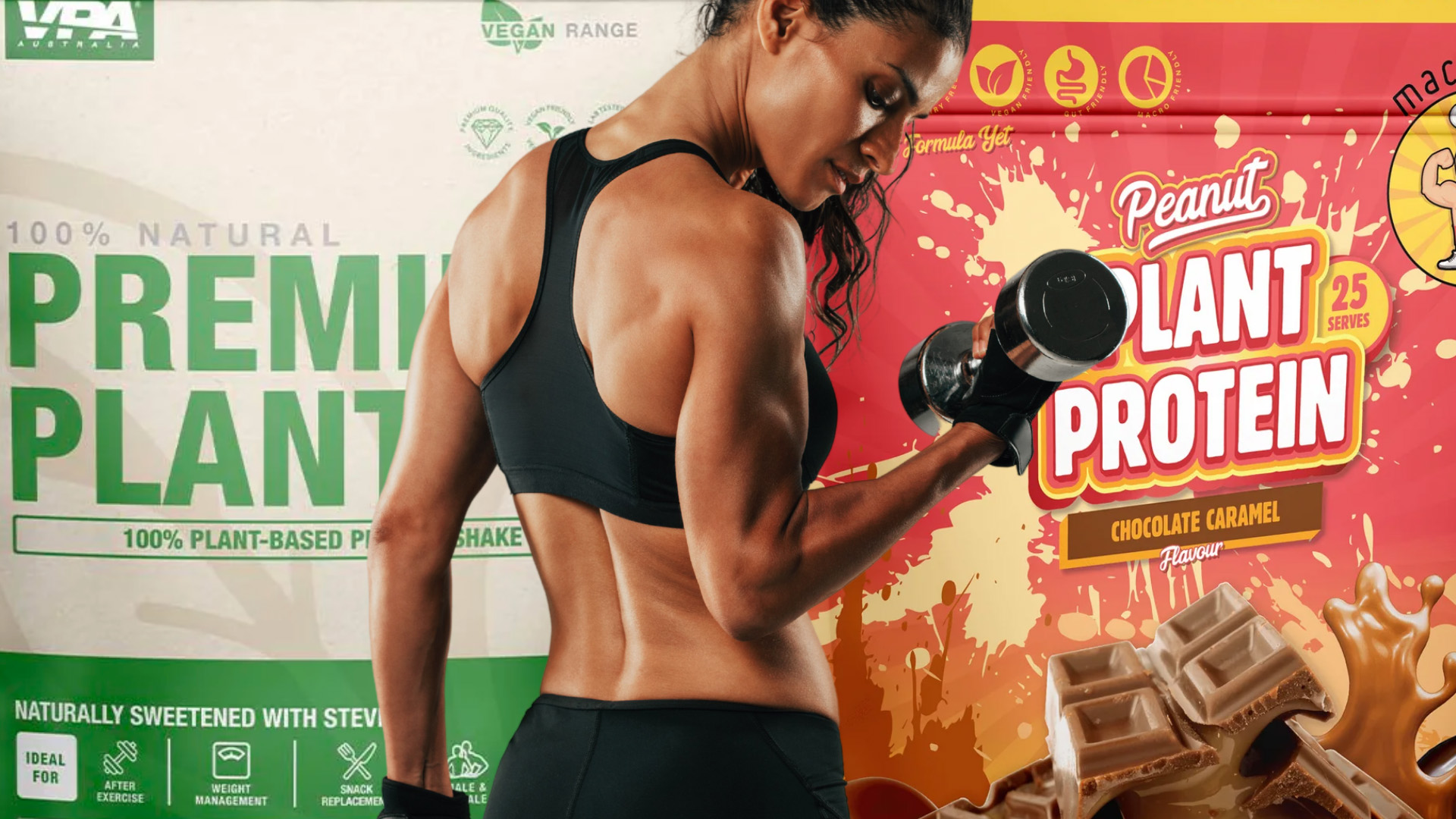
And what you should do about it
As the popularity of plant-based diets continues to surge, many athletes and fitness enthusiasts are embracing the vegan lifestyle. While plant-based diets offer numerous health benefits and align with ethical and environmental concerns, they do come with unique challenges, particularly regarding protein intake.
Protein plays a central role in athletic performance and muscle development. It is vital for repairing and building muscle tissues after strenuous workouts, maintaining a strong immune system, and supporting overall recovery. The recommended protein intake for athletes or people with a health and fitness goal vary between 1.6-2.4g per kilogram of bodyweight. But for vegans, evidence shows that a plant-based diet requires more protein than their non-vegan counterparts in order to have the same recovery and anabolic (muscle building) effect, often 10-20% more.
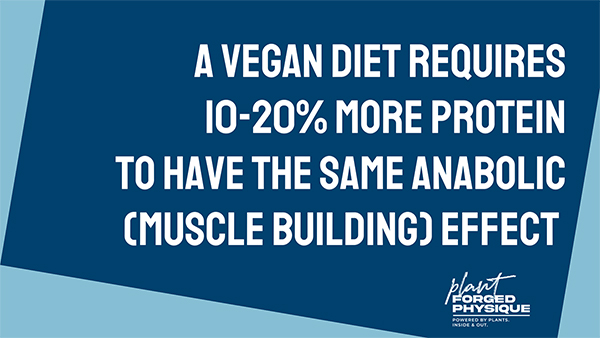
This is due to the differences in protein quality of plant-based proteins versus animal-sourced proteins, and some plant proteins not having a complete amino acid profile. For plant-based athletes and those with fitness goals on a vegan diet, finding the right sources of protein is essential for performance and recovery.
Meeting your protein requirements as a vegan is absolutely doable. A good approach is to focus on including protein sources from food first and regularly in your diet.
Good protein sources from food include tofu, textured vegetable protein, and seitan which have a high protein content. Then legumes such as beans, lentils and chickpeas can also be good sources of protein to include in your diet.
Nevertheless, it may require some careful planning to ensure an adequate intake of all essential amino acids and meet individual protein needs.
This is where vegan protein powder emerges as a valuable tool, offering a convenient and effective way to meet protein requirements and attain optimal health and fitness goals.
Enter Vegan Protein Powder
Vegan protein powder serves as a convenient and versatile solution to the protein paradox faced by plant-based athletes – having less access to complete protein sources, yet needing more protein to achieve the same effect.
Plant-based protein powder is typically made from a combination of plant sources, such as peas, rice, hemp, chia, and pumpkin seeds, which complement each other to provide a complete amino acid profile.
Key Benefits of Vegan Protein Powder:
- Complete Amino Acid Profile: They combine different plant sources to provide all essential amino acids. This ensures that athletes get the necessary building blocks for muscle growth and repair.
- Convenience: it’s a quick, tasty and easy way to boost protein intake. It can be blended into smoothies, mixed with water or plant-based milk, or even incorporated into baking and cooking recipes.
- Digestibility: Some individuals may find that vegan protein powder is easier on their digestive system compared to certain whole food sources of protein like legumes which can cause gas and bloating in some people, making it an ideal option for athletes with sensitive stomachs.
- Portability: Vegan protein powder is highly portable, making it a perfect on-the-go option for busy athletes who need a quick protein fix after workouts or between meals.
- Custom Protein Intake: you can easily adjust the serving size of vegan protein powder to meet your specific protein requirements based on your training intensity, body weight, and fitness goals.
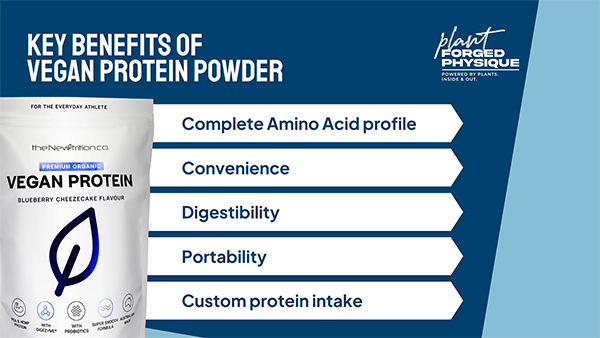
Integrating Vegan Protein Powder into Your Diet
Vegan protein powder is an excellent supplement to add to your diet, but it’s worth noting, that it should not replace whole food sources of protein in your diet.
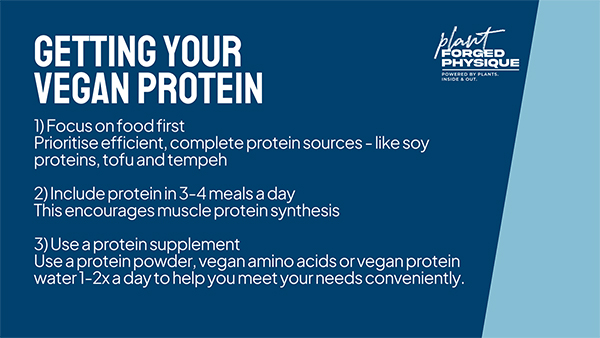
A good approach is to focus on including protein sources from food first and regularly in your diet. Then use a supplement – like a protein powder, protein water, protein bar, or plant-based amino acids to help “fill in the gaps”, or to aid with convenience.
When incorporating vegan protein powder into your diet, it is crucial to prioritise quality and choose reputable brands that use ingredients to create a complete amino acid profile.
We have hand-picked our protein products to ensure all of them can provide a complete amino profile, so vegans don’t need to worry about this. Every product offered is highest quality, evidence-backed, free from animal-derived ingredients, and vetted to align with our values and standards. It takes the hard work out of hours reading labels or scrolling online.
Key takeaways
For plant-based athletes and those on a vegan diet with health and fitness goals, vegan protein powder is a valuable ally in meeting protein requirements and optimising performance and recovery.
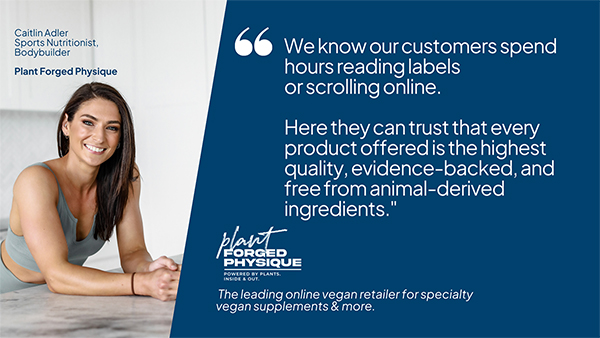
With its complete amino acid profile, convenience, and digestibility, it offers an effective solution to the vegan protein paradox.
By combining the power of vegan protein powder with a well-balanced diet rich in a variety of plant-based foods, anyone can thrive on their fitness journey, achieving peak performance and maintaining excellent health while embracing the principles of sustainability and compassion that the vegan lifestyle embodies.
shop
